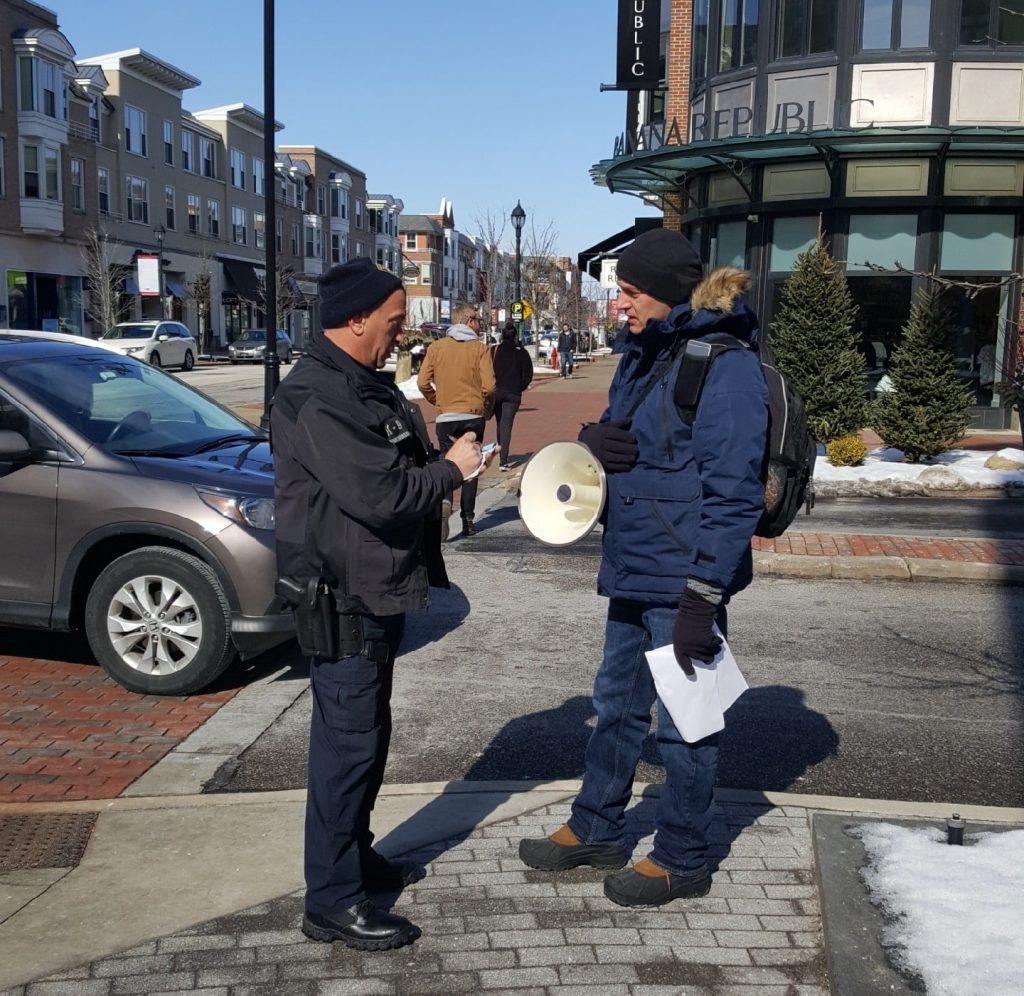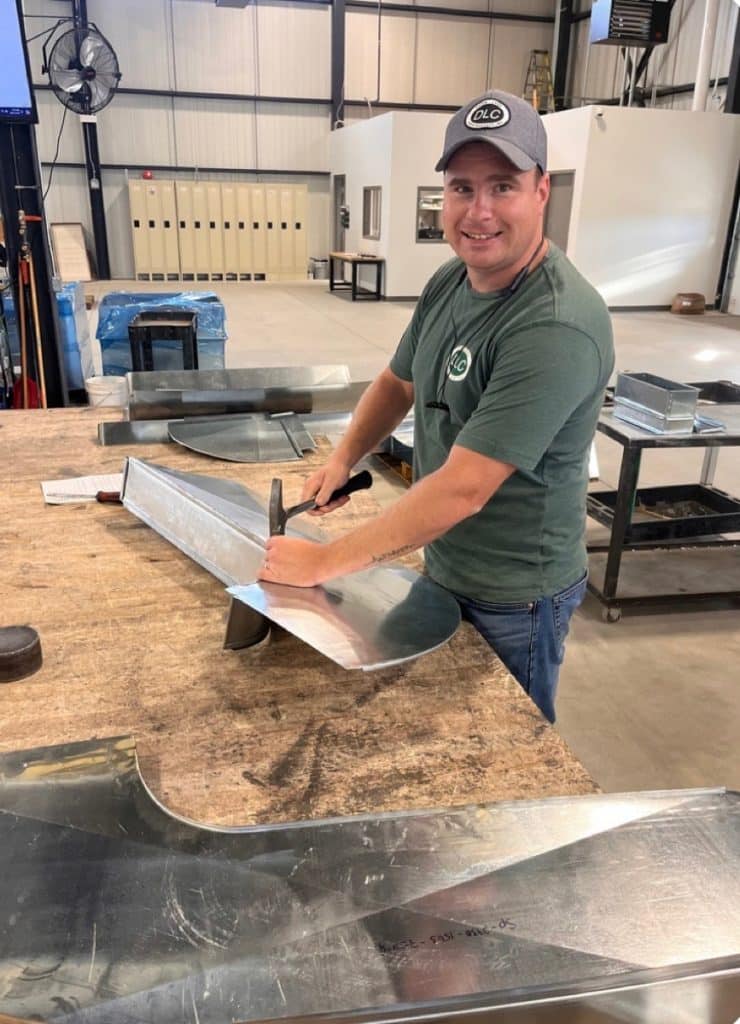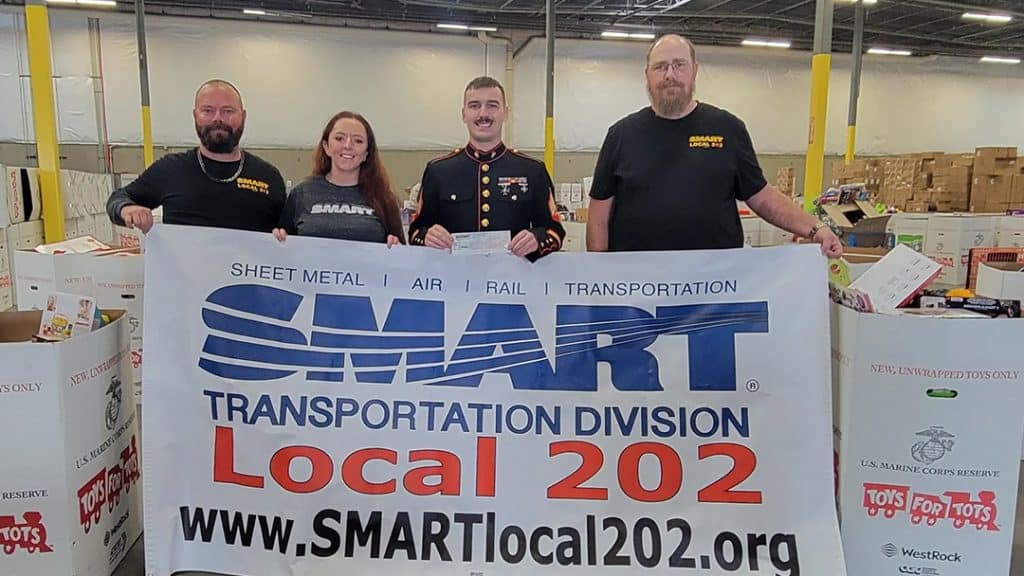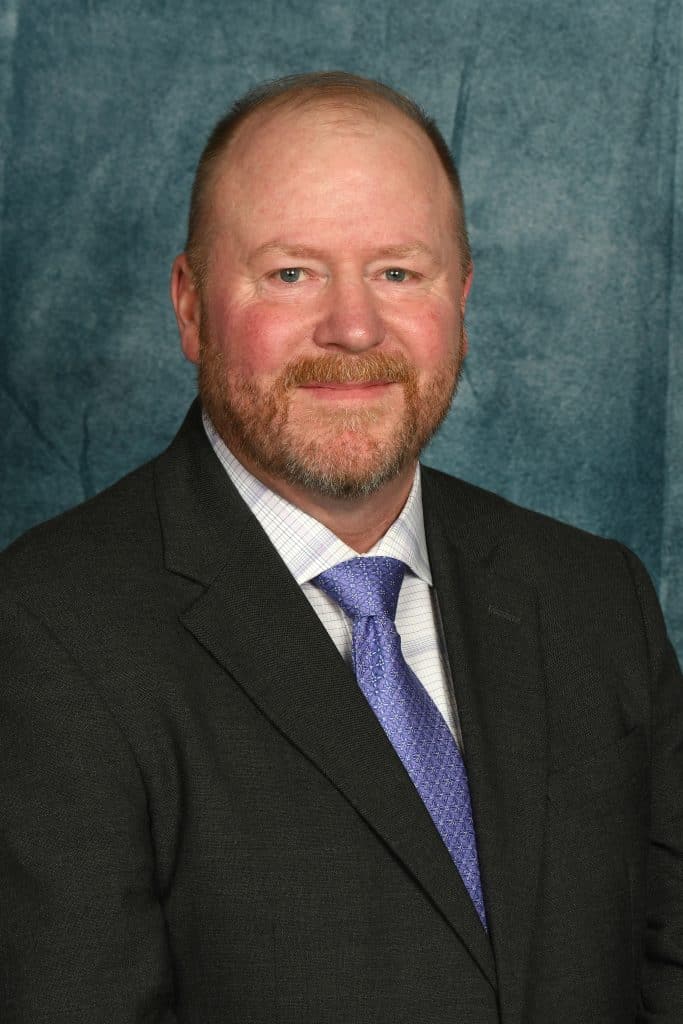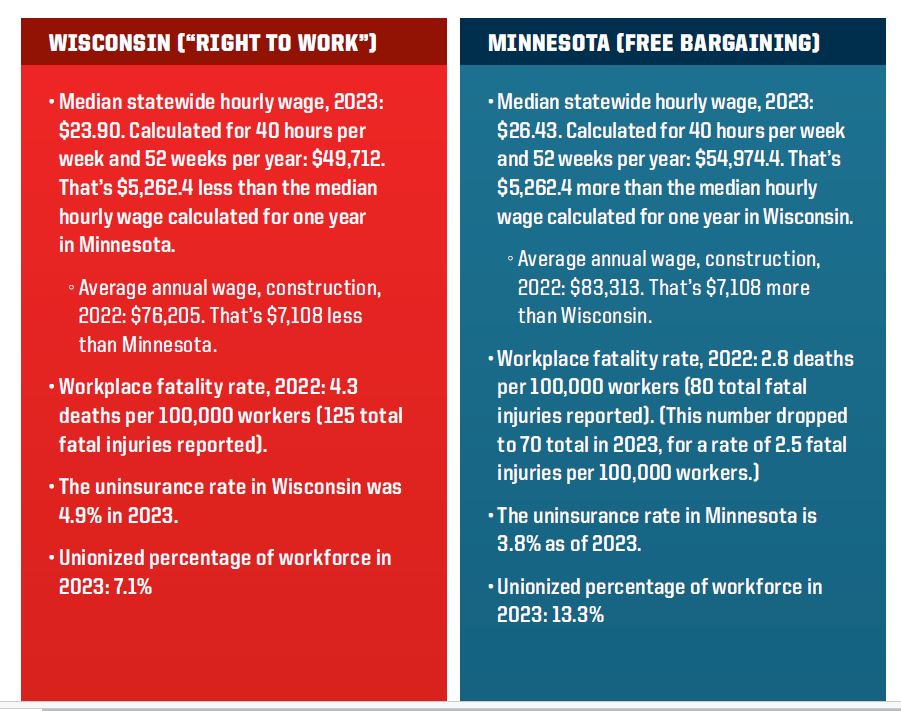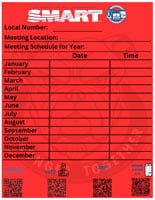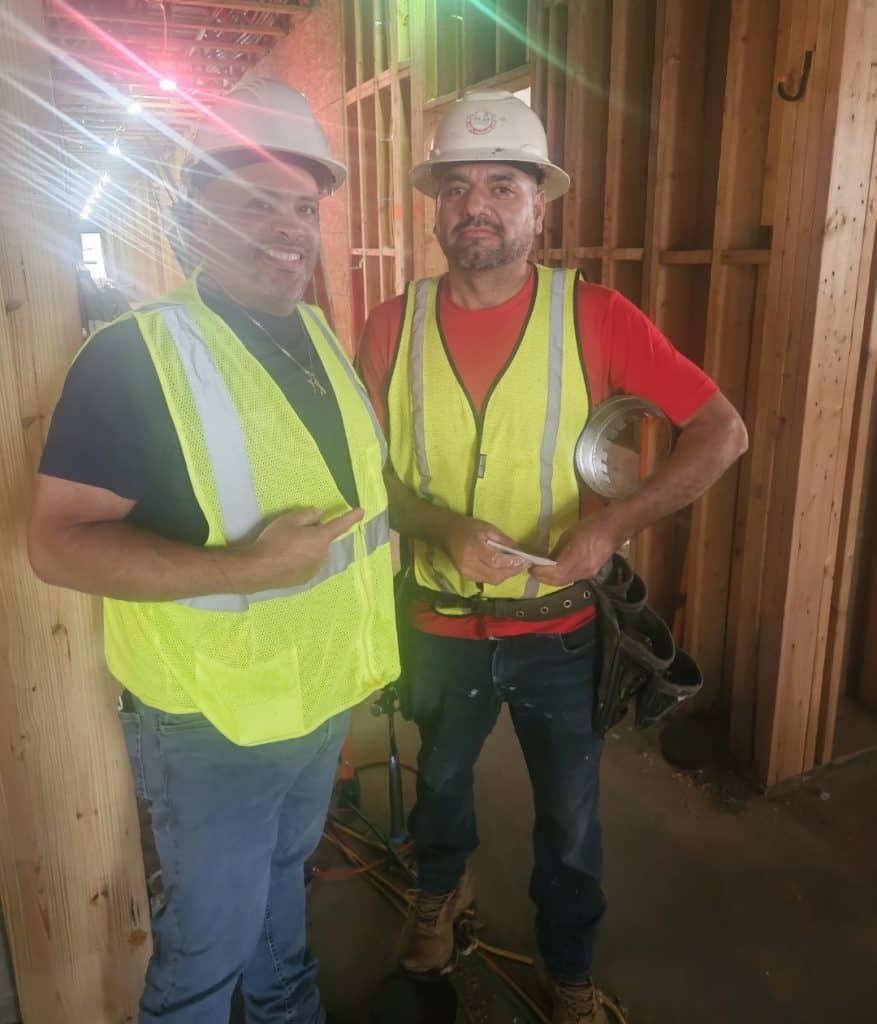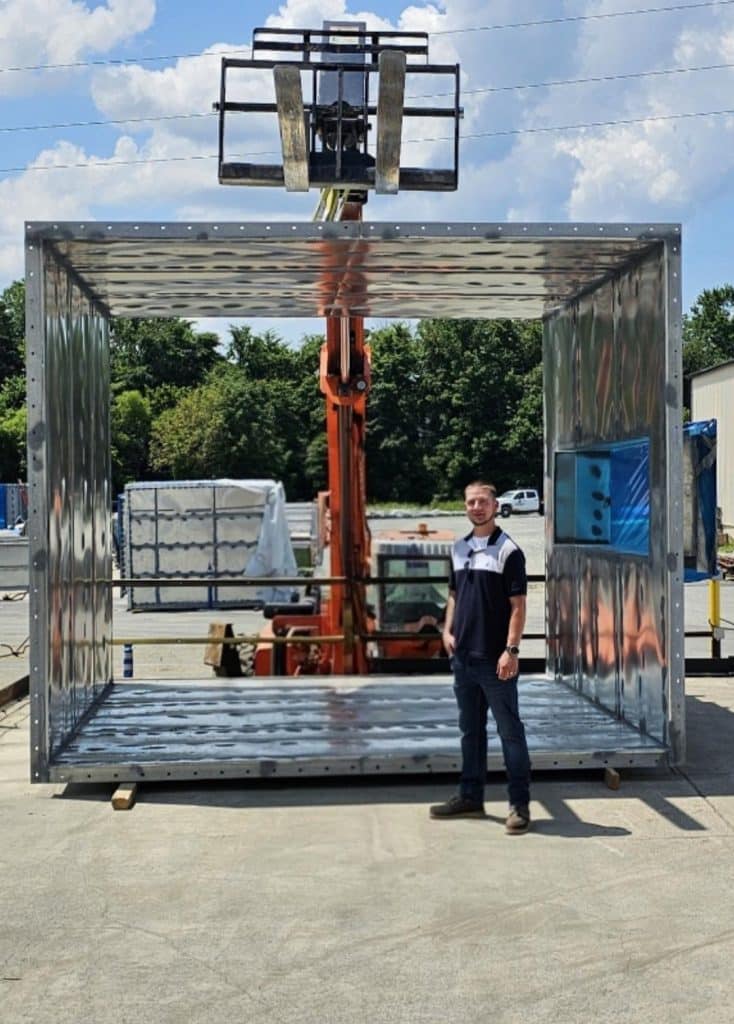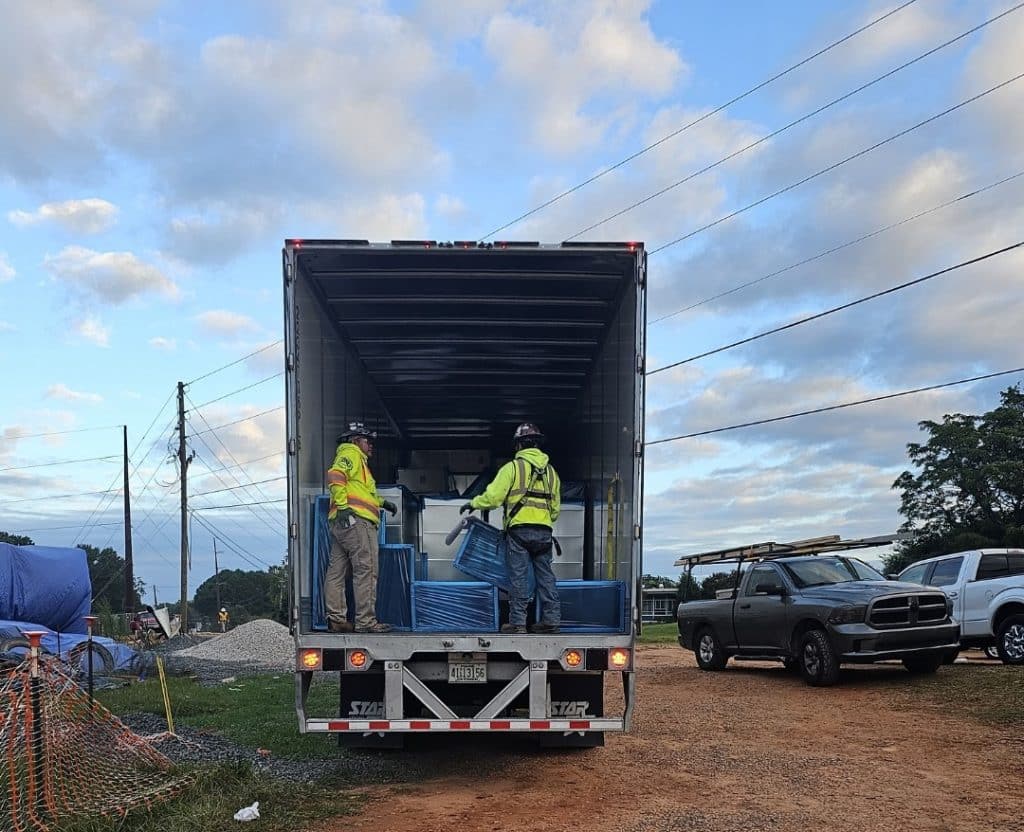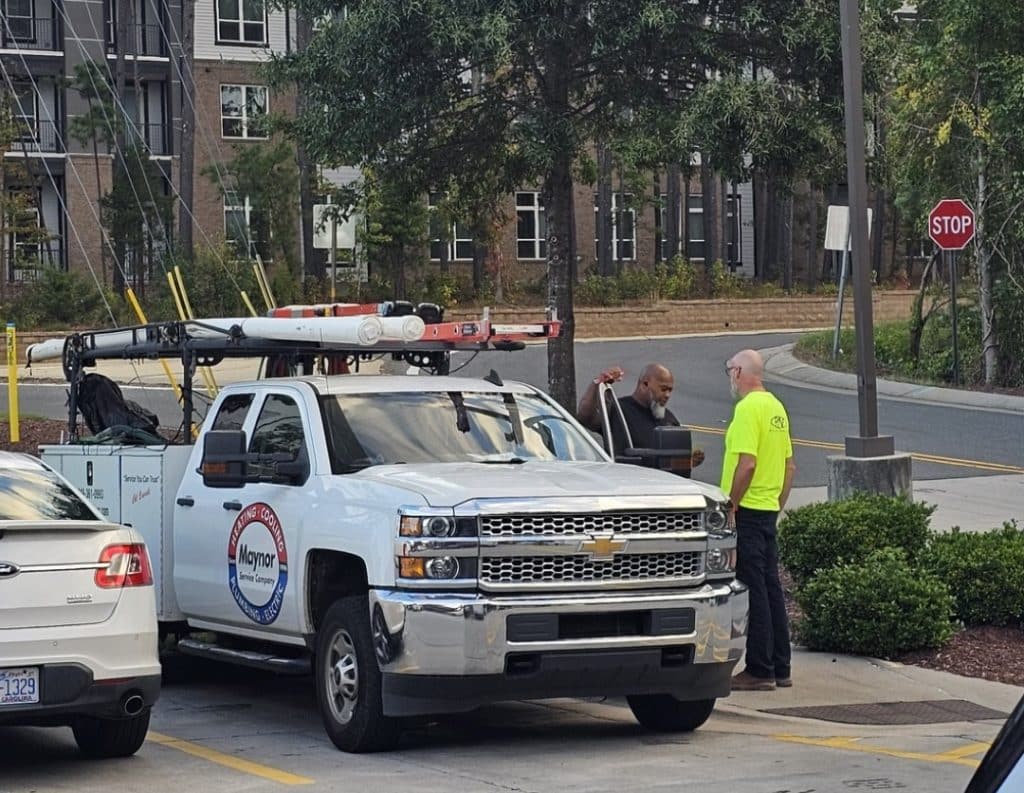While the 2025 spending bill passed in early July included a number of harmful pieces for SMART members, one provision that would have been particularly damaging to bus operators is no longer included.
Free rein on regulating artificial intelligence
The original legislation contained a measure that would have prohibited states from regulating artificial intelligence (AI) for a period of 10 years, including automated driver systems.
Automation is already a growing threat, but this would have given big tech companies even more leeway to operate unchecked and with limited accountability.
Bottom line: Including this provision would have made a bad situation worse.
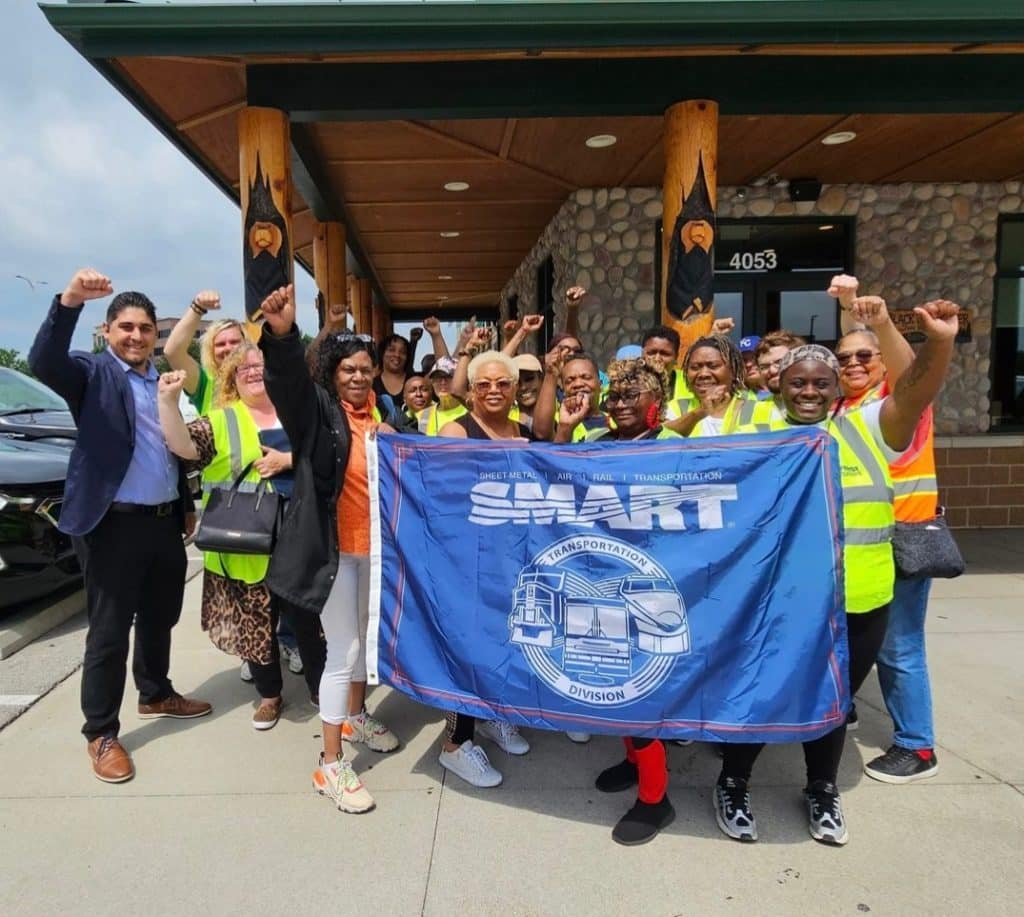
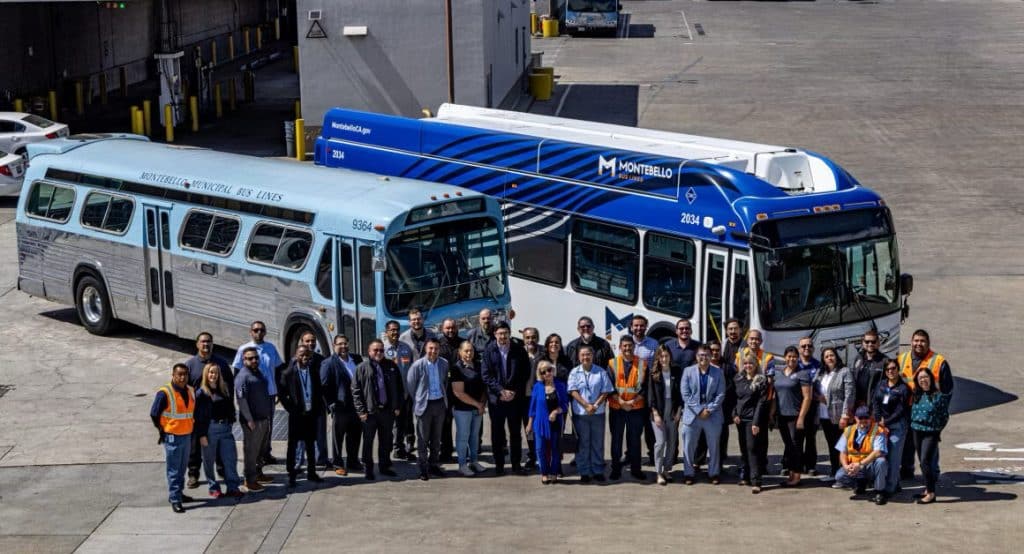
TD members directly at risk
SMART-TD bus drivers and operators would have been directly impacted by this dangerous proposal, with their jobs and livelihoods at serious risk.
There is no substitute for a human operator, and this proposal would have opened the door to replace skilled workers with unregulated technology that can’t function with the precise skill and expertise that’s needed to perform this work, especially in the event of an emergency.
It is incredibly disappointing that legislators did not stand up for their constituents and stop this harmful bill from becoming law; however, it’s a crucial victory that the Senate took the important step of removing the AI provision before it moved any further through the legislative process.
What’s next
In a video released in early July, SMART General President Michael Coleman thanked members who took the time to reach out to their lawmakers to let them know how this bill will impact them and their families.
“I want to thank President Ferguson, his entire team and all of you that engaged to get that harmful provision out of the spending bill,” General President Coleman said in his video message to members. “This would have hurt all SMART members — threatening to replace skilled workers with machines and robotics.”
SMART will continue fighting to ensure that members and their jobs are protected from the threats posed by AI. And on the road ahead, one thing is certain: Whether at the local or federal level, it is vital that we keep speaking up and contacting elected officials. Members’ input and collective strength can make a difference, and the fight is just beginning.

